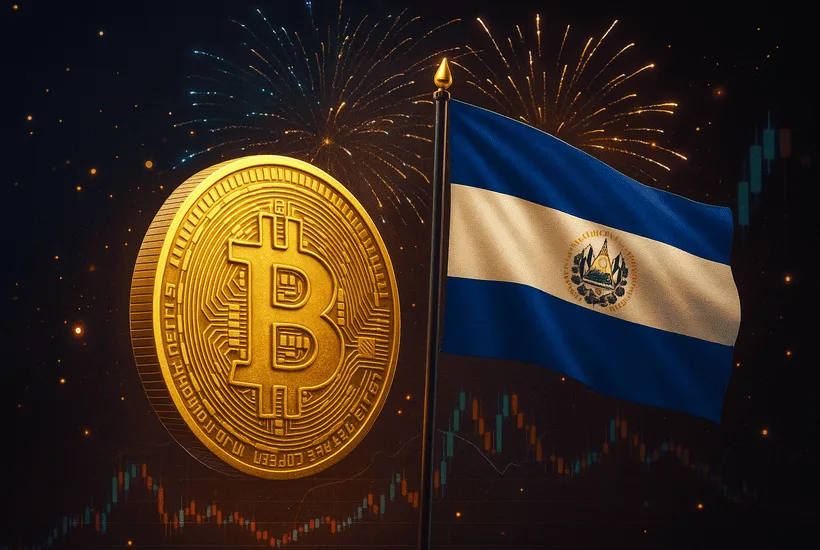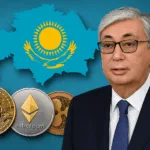On September 7, 2021, El Salvador declared Bitcoin as a national tender alongside the US dollar. With this, the central American country essentially said that Bitcoin tokens would now be accepted as a legal mode of payments within its borders — making El Salvador the first nation to have done so. This year, the country marked its fourth National Bitcoin Day, revisiting milestones and bulking up on its BTC treasury.
Salvadoran president Nayib Bukele marked the day with the purchase of 21 fresh BTC tokens. Over the weekend, BTC was trading at the $110,000 mark. Which indicates that Bukele’s BTC purchase would have costed around $2.3 million.
With this purchase, El Savlador’s BTC holding has climbed to 6,313.18 tokens — worth around $701.41 million, the screenshot posted by Bukele showed.
Newsletter
Get weekly updates on the newest crypto stories, case studies and tips right in your mailbox.
Earlier this year, U.S. President Donald Trump historically announced that the U.S. will be maintaining BTC stockpile — comprised of tokens seized during criminal investigations. Before the U.S. popularized the concept of a BTC treasury on a global level, El Salvador had started creating its own.
Bukele had been building this stash since 2021 — adding one BTC each day, purchasing bulk tokens, and buying dips. In 2024, El Salvador even launched a website for public to keep track of its BTC treasury holdings.
Celebrating the fourth Bitcoin Day, El Salvador’s Bitcoin Office said that the country has been moving towards giving it a major revamp as the “Bitcoin Country”.
The government unit further claimed that in these past years, it has passed laws enabling BTC banks and has also managed to train 80,000 public servants in Bitcoin related operations, uses, and services.
“This is just the beginning,” the Salvadoran agency said.
Over the last few years, BTC has seen more stabilization than ever — owing to the evolving regulatory landscape internationally. When El Salvador had legalized the asset, it was more unstable and unregulated.
Hence, El Salvador’s pro-Bitcoin stance has been questioned and challenged by the International Monetary Fund (IMF) repeatedly over the years. Despite these discouraging interventions from the IMF — citing financial risks linked to crypto — Bukele did not give up on his vision.
The country is now attracting crypto players looking for legally greener pastures to set up shops in. In January this year, the largest stablecoin company in the world — Tether — announced that it was relocating its head office from the British Virgin Islands to El Salvador.
The country is now preparing to host the world’s first state-sponsored Bitcoin conference, from November 12–13, 2025.
 Radhika Parashar
Radhika Parashar









